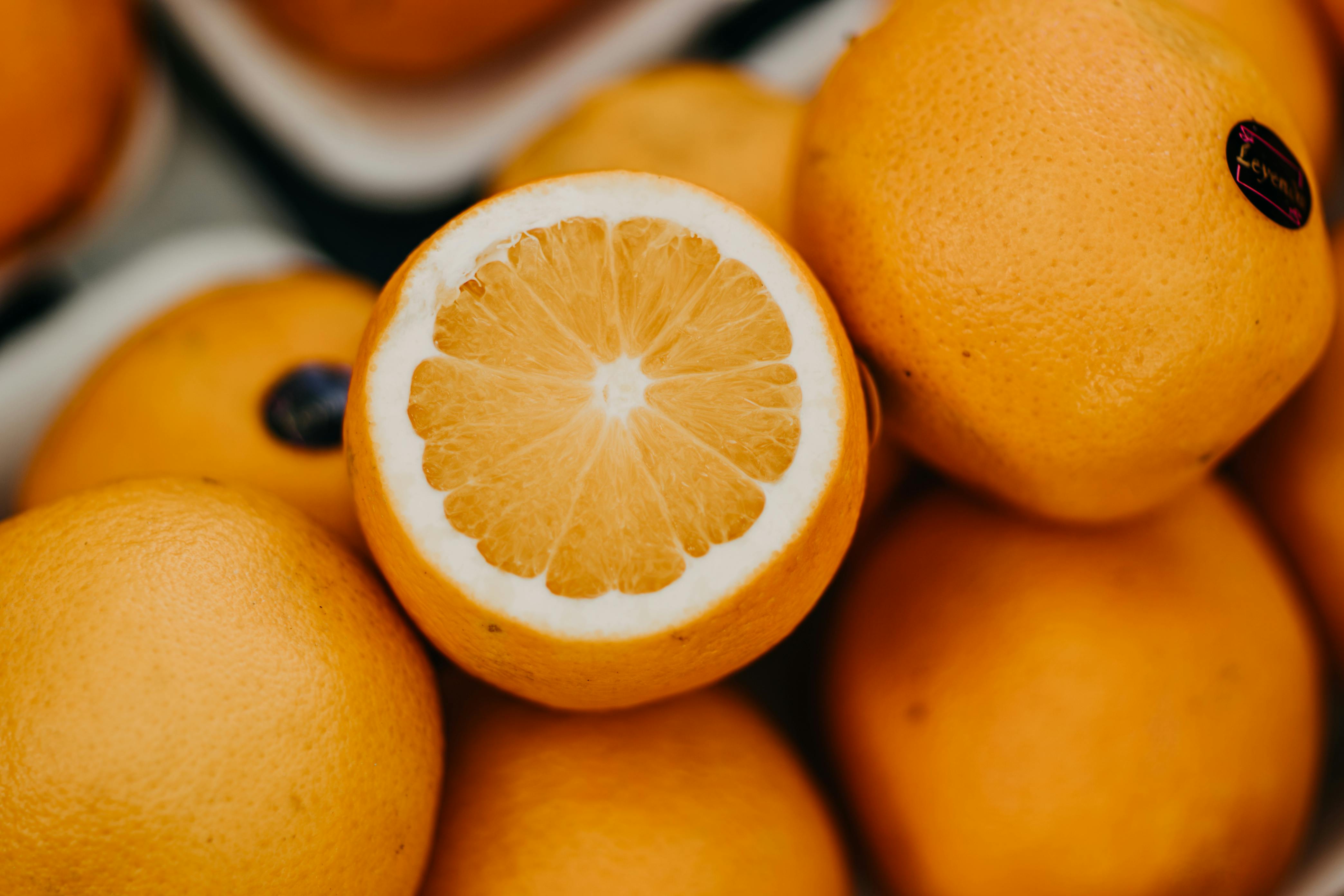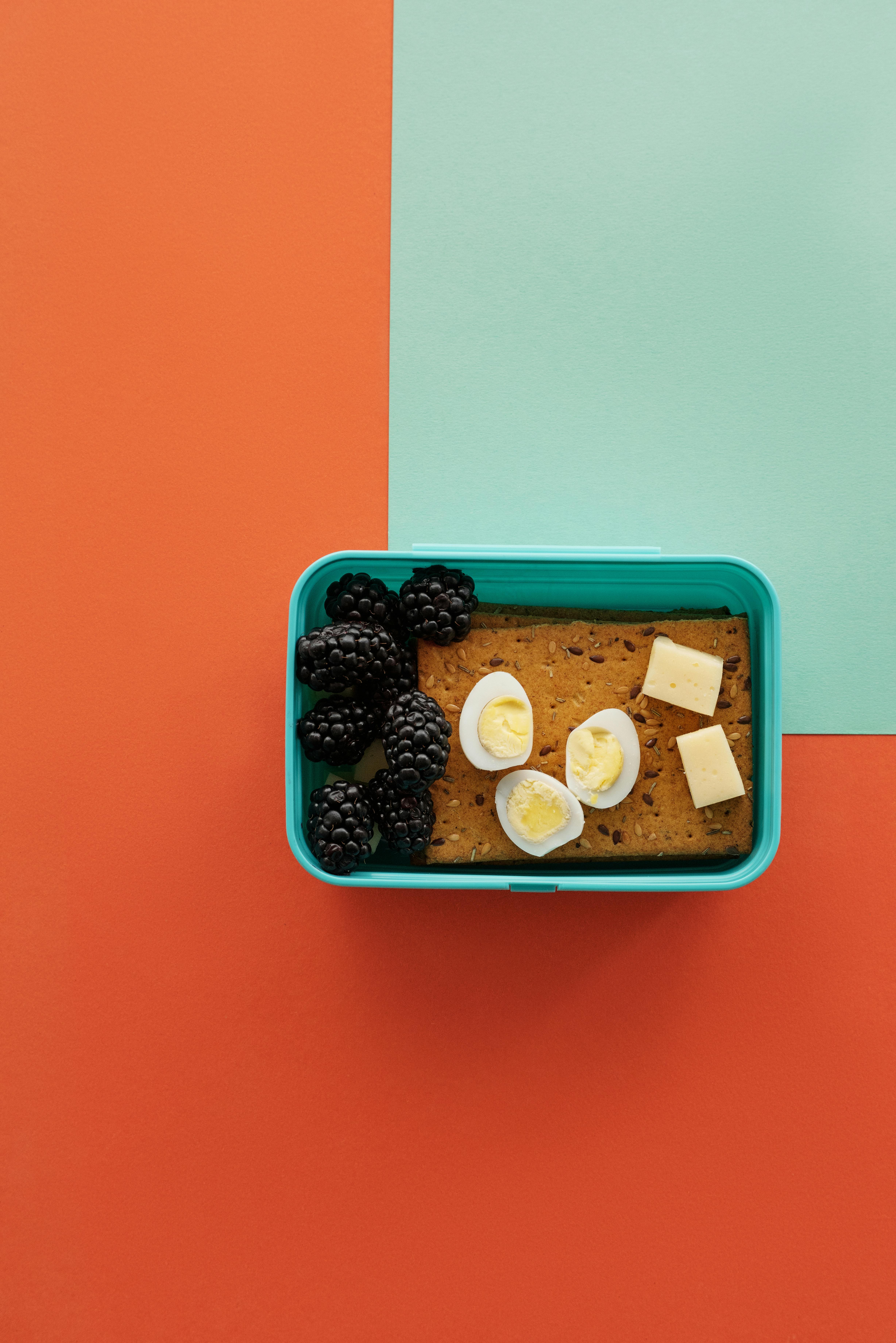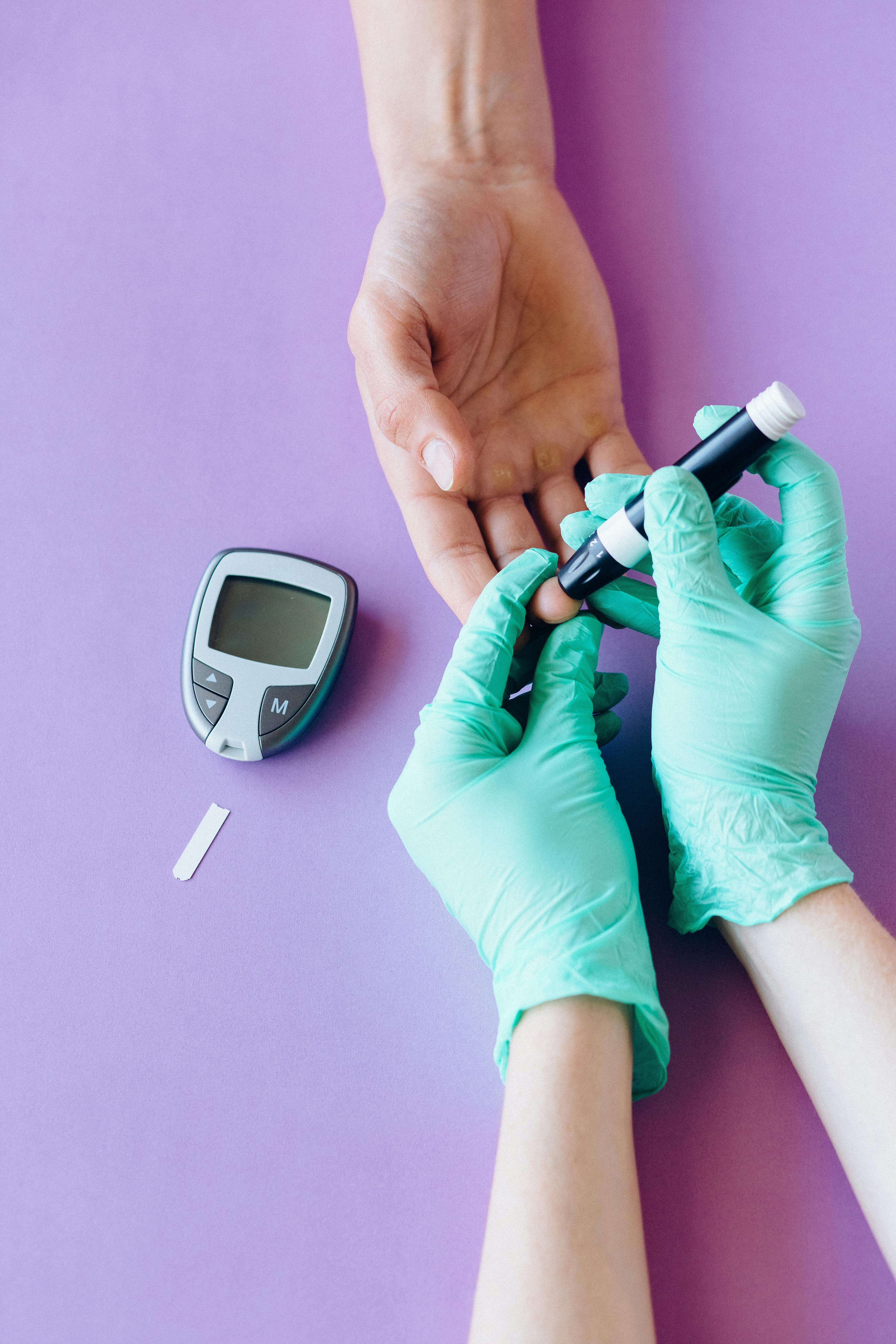Smart Ways to Use a 7-Day Protein Diet for Weight Loss in 2025

Effective 7-Day Protein Diet Plan for Weight Loss in 2025: Get Started Now!


Understanding the 7-Day Protein Diet Plan
The 7-day protein diet plan is designed to help individuals lose weight efficiently by emphasizing high-protein meals. Proteins play a crucial role in weight loss by increasing satiety, promoting muscle retention, and enhancing metabolism. This article introduces you to a structured weekly protein meal plan, its benefits, and how to prepare healthy protein-rich foods that align with your weight loss goals.
Benefits of a Protein Diet for Weight Loss
Incorporating a protein diet for weight loss can provide numerous advantages. The high protein intake can lead to better muscle maintenance during weight loss, which is crucial for preserving metabolic rate. Research indicates that diets high in protein can also reduce hunger and calorie intake. By prioritizing protein-rich foods, you not only experience weight loss but also support muscle repair and overall health.
Transforming Your Kitchen: Meal Prep Strategies
Effective weight loss requires planning and preparation. Utilizing meal prep strategies for a protein diet can save time and ensure nutritional balance throughout the week. Pre-portioning high-protein snacks or preparing high-protein recipes like baked chicken or quinoa salads can streamline your meals. Adopting these practices can minimize the temptation to indulge in unhealthy options when hunger strikes.
Creating a Balanced Protein Diet
A balanced protein diet chart should include a variety of protein sources, such as lean meats, legumes, and dairy. For instance, combining animal-based proteins with plant-based options can provide a complete amino acid profile. This diversity ensures you gain the full spectrum of nutrients essential for a successful weight loss journey. Aim for 20-30 grams of protein in each meal to boost post-meal metabolism and satiety.
Sample 7-Day High Protein Meal Plan
This high protein meal plan includes breakfast, lunch, dinner, and snacks that focus on maximizing protein intake while keeping calories in check. Plan to revisit and adjust this plan as necessary to fit your dietary needs and preferences.
Day 1: Kickstart Your Journey
Breakfast: Scrambled eggs with spinach and feta cheese - a great start filled with protein. Lunch: Grilled chicken salad with kale, chickpeas, and vinaigrette for a well-rounded meal. Dinner: Baked salmon with steamed broccoli and quinoa. Don’t forget to include quick protein meals or snacks like Greek yogurt for mid-morning and post-lunch.
Day 2: Protein-Packed Delights
Breakfast: Overnight oats with chia seeds and almond milk for a creamy consistency that’s still high in protein. Lunch: Turkey and avocado wrap with whole grain tortilla. Dinner: Stir-fried tofu with veggies, complemented by brown rice. Protein shakes made from plant-based protein powder can boost your daily intake while remaining delicious.
Incorporating Weekly Changes
Over the following days, feel free to interchange recipes and flavors. For example, try a protein smoothie for weight loss by blending berries, spinach, and a scoop of protein powder. It’s not just a diet; it's a lifestyle choice that can lead to protein diet success stories.
Essential Tips for Protein Diet Beginners
<pStarting a high-protein diet can be challenging. Here are essential protein diet tips to help you stay on track and achieve your weight loss goals.Meal Planning for Protein Diet
Investing time in meal planning for protein diet can significantly contribute to automation of your healthy eating habits. Create a shopping list focusing on protein foods for weight loss—think lean meats, legumes, nuts, and dairy. Plan meals that allow leftovers for quick, easy protein recipes on busy days to avoid deviation from your plan.
Portion Control and High Protein Snacks
Utilizing portion control tips is crucial when indulging in protein snacks for weight loss. Opt for single servings of protein-rich snacks such as edamame or mixed nuts to effectively gauge your intake without overindulging.
Hydration and Protein Balance
Never underestimate the power of hydration. Drinking adequate water promotes metabolism and aids digestion, essential aspects when embarking on high-protein meals. Balancing your dietary protein intake with other nutrients ensures your body receives the essential vitamins and minerals needed for overall wellness.
Key Takeaways
- High-protein diets support weight loss and muscle retention.
- Meal planning helps in achieving balanced protein consumption.
- Incorporate a variety of lean protein sources for diversity.
- Quick protein meals and healthy snacks are critical for adhering to your diet.
- Stay hydrated to support your dieting efforts.
FAQ
1. What are the best protein foods for weight loss?
The best protein foods for weight loss include lean meats like chicken and turkey, fish like salmon and tuna, eggs, dairy products such as Greek yogurt, and plant-based options like lentils and beans. Furthermore, incorporating low-calorie high protein diets, such as those using only whole foods, can enhance your success.
2. Can I follow a protein diet if I’m vegetarian?
Absolutely! A protein diet for vegetarians can be equally effective for weight loss. Utilize beans, lentils, tofu, tempeh, and Greek yogurt to meet your protein needs while reducing fat intake. This balanced protein diet approach ensures you're not missing out on essential nutrients.
3. How does protein affect my metabolism?
Protein consumption increases thermogenesis, which means your body burns calories when digesting it. This is crucial for enhancing metabolism and weight loss. High-protein diets can lead to a higher resting metabolic rate, aiding in effective weight loss strategies over time.
4. How often should I consume protein for effective weight loss?
Aim to consume protein with every meal and snack to maintain stable insulin levels and avoid fluctuations in hunger. Typically, a daily intake spaced across 4 to 5 meals containing 20-30 grams of protein each can be effective.
5. What are the common mistakes in protein dieting?
Common mistakes include not balancing protein with enough veggies and carbs, sticking to only one protein source, ignoring portions, and not tracking protein intake adequately. Success lies in identifying and avoiding these pitfalls while ensuring a diverse and engaging protein-focused diet.